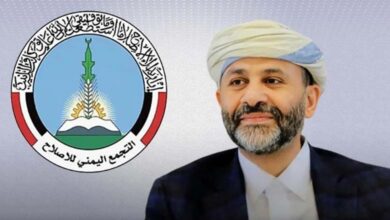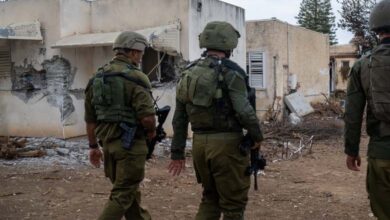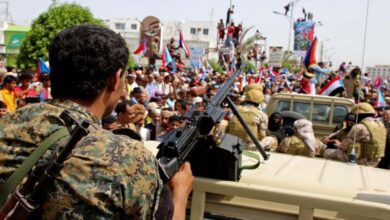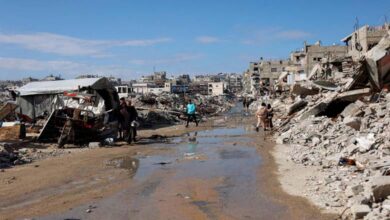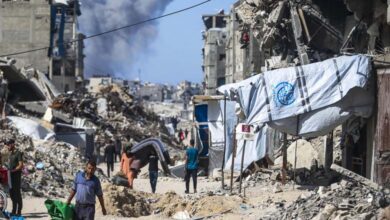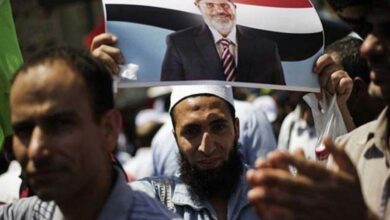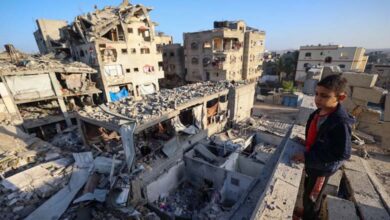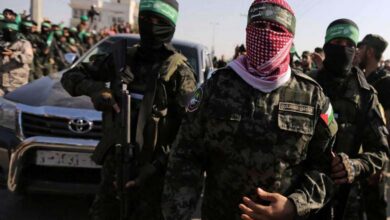Iran Investigates Qaani Amid Suspicions of His Office Manager’s Espionage for Israel
Iranian sources confirm that the commander of the Quds Force suffered a heart attack during interrogation, requiring his transfer to the hospital.
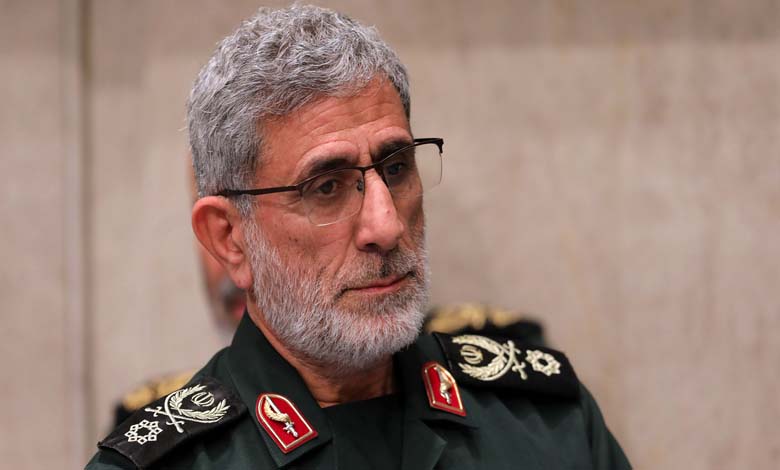
The Iranian judiciary is investigating Quds Force commander Esmail Qaani over suspicions that his office manager spied for Israel. The sources also indicated that Qaani suffered a heart attack during his interrogation, which necessitated his hospitalization. These revelations suggest that Tehran fears that the Israeli state has successfully infiltrated the ranks of the Revolutionary Guards, particularly in the Lebanese arena.
-
Iran Threatens Gulf States with Retaliation If They Support an Attack on It
-
Will Iran Abandon Hezbollah for Its Regional Interests?
These reports add to the mystery surrounding Qaani’s fate, who has not been seen since Israel’s airstrike on Haret Hreik in Beirut’s southern suburbs, just days after the assassination of Hezbollah’s Secretary General Hassan Nasrallah and around 12 of the group’s top leaders in one of the most violent strikes.
Observers believe that the Iranian authorities’ suspicion that Israel recruited Qaani’s office manager to spy for the Israeli state explains the significant Israeli infiltration that exposed Hezbollah’s plans and paved the way for the assassination of its Secretary General and top leaders.
-
In Case of an Israeli Attack: Source Discusses Iran’s Plan and Target Bank
-
Iranian Missiles on Israel: Launch and Interception Costs
The explosions of transmitters and communication devices used by Hezbollah, which killed dozens and left hundreds injured, reveal the extent of Israel’s penetration. The late Secretary General had admitted that the group had suffered a severe blow.
Iran attempted to refute rumors that Qaani had been killed in an airstrike targeting Beirut’s southern suburbs during his recent visit to Lebanon, particularly after Tehran’s silence caused concern among Quds Force and Hezbollah members.
-
Iran’s Attack on Israel: “A Gamble” or “A Trap”?
-
“Telegraph”: Iran May Feel That Building a Nuclear Bomb Is Its Only Option Now
Qaani‘s family had expressed concern about his fate, stating that they were unaware of any details about his current condition or whereabouts, according to the Iranian Arabic-language site “International.”
The British site “Middle East Eye” revealed in a previous report, citing Iranian and Iraqi sources, that Qaani had been placed under house arrest alongside the commencement of an investigation into his activities.
-
Growing concerns about the Houthis turning Yemen into a battleground for Iran’s wars… Details
-
How did Iranian missiles breach Israel’s “Dome”? 4 Reasons
The same sources indicated that Tehran suspects Israel succeeded in infiltrating the Iranian Revolutionary Guard, particularly in Lebanon, adding that authorities are seeking to determine the source of this infiltration through extensive investigations.
Lebanese researcher Mohammad Ali Husseini posted on the “X” platform, stating that “the head of the Quds Force is under house arrest,” recalling his previous statement which hinted at his collusion with Israel.
-
Iran activates ‘Red Alert’… What does it mean?
-
Iran Mediates to Supply Houthis with Russian Anti-Ship Weapons
An Iranian activist published under the title “Scandal” that “Qaani was supposed to attend the meeting with Hassan Nasrallah but missed it, and the Hezbollah Secretary General was assassinated,” hinting at his involvement in espionage for Israel. He added that Hezbollah considers the investigation into Qaani as merely psychological warfare.
Another activist mockingly commented that “the road to Jerusalem passes through Israel,” labeling Qaani as a “traitor.”
-
Can Hezbollah stand up to Israel? Iranian President expresses doubts
-
Pager Explosions Lead Iran’s Revolutionary Guards to Ban the Use of Communication Devices
The semi-official Iranian news agency Tasnim quoted Ebrahim Jabari, an advisor to the commander of the Iranian Revolutionary Guard, who said on Wednesday that “Qaani is fine and will soon receive a medal from Supreme Leader Ayatollah Ali Khamenei.”
Two senior Iranian security officials had earlier told Reuters that Qaani, who had traveled to Lebanon after Hezbollah’s Secretary General Hassan Nasrallah was killed in an Israeli airstrike on September 27, had not been heard from since Israel intensified its bombardment of southern Lebanon last week.
-
Iran’s “Recruitment” of an Israeli Businessman to “Assassinate Netanyahu”: The Full Story
-
Iranian Movement Bridges Gap Between Coordinating Framework Leaders
Jabari told Tasnim that “Commander Qaani is in good health and will soon receive the Fath Medal from the Supreme Leader.”
Iraj Masjedi, deputy commander of the Quds Force, denied on Monday reports that Qaani had been harmed during the intense Israeli airstrikes on Hezbollah targets in Beirut’s southern suburbs.
Tehran appointed Qaani as head of the Quds Force, responsible for the Revolutionary Guard’s overseas military and intelligence missions, after the United States killed his predecessor, Qassem Soleimani, in a drone strike in Baghdad in 2020.
-
Iran’s Secret Document Ignites a Dispute within the Israeli Military and Netanyahu’s Office
-
Iranian Proxies Focus on Targeting U.S. Bases in Syria
On Sunday, Khamenei decorated the commander of the Aerospace Forces of the Revolutionary Guard, Amir Ali Hajizadeh, with the Fath Medal for his decisive role in the missile strike Tehran launched against Israel on October 1.
Iran has awarded the Fath Medal since 1989 to war heroes and military and political commanders, especially those who participated in the Iran-Iraq war, which lasted eight years during the 1980s.


